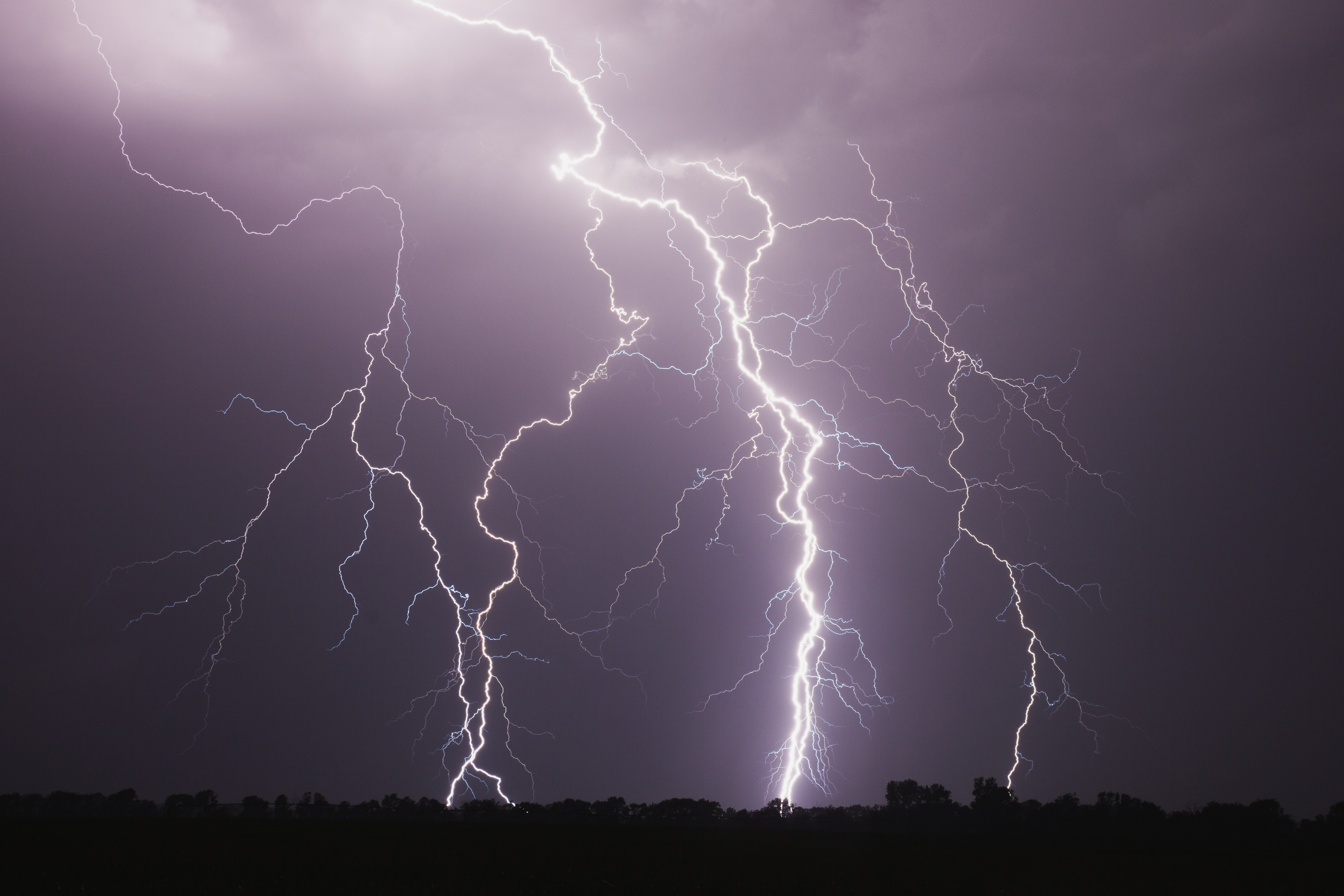Mosquito pools in Garland, which had aerial spraying, tested positive for the West Nile virus one week after the last spraying application in Dallas County.
The positive results were from traps in the 100 Block of Rocky Point Court in North Garland and the 1400 Block of Nash Street in Central Garland.
"It was known from the beginning that aerial spraying would not eradicate West Nile virus," said Jason Chessher, of the Garland Health Department. "It is literally impossible to eradicate the virus from the environment. The purpose in aerial spraying was to reduce the mosquito population and hopefully break the cycle of transmission."
The Garland Health Department said the sample on Rocky Point Court was collected on Aug. 28, while the sample on Nash Street was collected on Aug. 29.
The U.S. Centers for Disease Control and Prevention said the aerial spraying had cut down the mosquito species that carries the virus in most of Dallas County by 93 percent.
"We knew it wasn't going to solve the problem," Chessher said. "We had hoped it would get us to cooler weather, where viral activity typically declines."
Garland has 34 human cases of West Nile virus.
Local
The latest news from around North Texas.
Parts of Garland were sprayed consecutively, but other parts were not because of the weather.
The city has already started enhanced ground spraying in the areas where it found West Nile virus again. The spraying will go on for the next two days.
Some Garland residents said they were disappointed that more mosquitoes had tested positive for the virus.
Mary Bell, who brings her daughter for child care on Nash Street, said she was hoping the virus was a thing of the past.
"I find it very concerning," she said. "I was for the spraying, but my daughter is babysat here every day, and it's a huge concern."
Chuck Parham, who lives on Nash Street, said the positive tests were "really disappointing."
"If they found some more that means they didn't do an effective job, in covering the whole area," he said.
The state spent $3 million on the aerial spraying.



